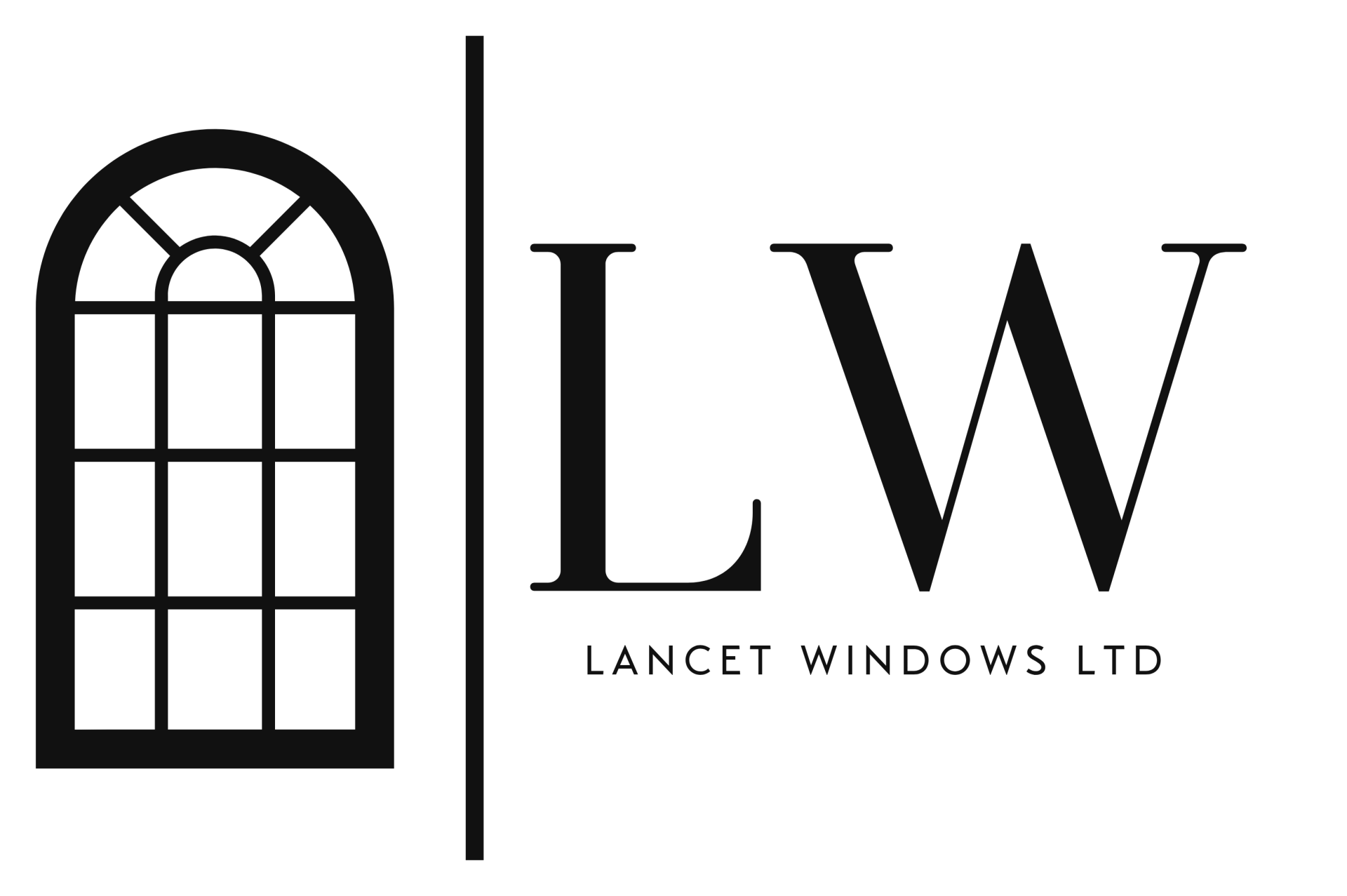What Factors Should I Consider When Choosing UPVC Windows?
UPVC (unplasticized polyvinyl chloride) windows have become increasingly popular in recent years due to their durability, energy efficiency, and low maintenance requirements. However, choosing the right UPVC windows for your home involves considering several factors to ensure they meet your specific needs and preferences. In this blog, we'll discuss the key factors to consider when selecting UPVC windows to enhance your home.
Energy Efficiency and Insulation
Energy Efficiency: One of the primary benefits of UPVC windows is their excellent thermal insulation properties, which can help reduce energy consumption and lower heating and cooling costs. When choosing UPVC windows, consider their energy efficiency ratings, such as the U-factor and Solar Heat Gain Coefficient (SHGC). Look for windows with low U-values and SHGCs to minimize heat transfer and maximize energy savings.
Double or Triple Glazing: Another factor that affects the energy efficiency of UPVC windows is the number of glass panes they contain. Double or triple glazing provides better insulation by trapping air between the glass layers, reducing heat loss or gain from the outside. Opting for double or triple glazed UPVC windows can enhance thermal performance and improve overall comfort levels in your home.
Weather Resistance: UPVC windows are known for their durability and resistance to harsh weather conditions. When choosing UPVC windows, consider their resistance to moisture, UV rays, and extreme temperatures. High-quality UPVC windows should be able to withstand exposure to sunlight, rain, and wind without warping, fading, or deteriorating over time.
Security Features and Durability
Multi-Point Locking System: Security is a crucial consideration when selecting windows for your home. Seek for UPVC windows with multi-point locking, which locks the window at several locations along the frame for increased security. This increases the window's resistance to forced entry, enhancing your home's security and bringing you comfort.
Reinforced Frames: UPVC windows with reinforced frames offer added strength and durability, making them more resistant to break-ins and forced entry attempts. Usually made of steel or aluminum inserts, reinforced frames improve structural integrity and guarantee long-term performance.
Hardware and Accessories: Pay attention to the quality of hardware and accessories used in UPVC windows, such as hinges, handles, and locks. Choose windows with high-quality hardware that operates smoothly and securely, providing ease of use and reliable performance over time.
Aesthetics and Customization Options
Style and Design: UPVC windows come in a variety of styles, including casement, sliding, tilt and turn, and bay windows. Consider the architectural style of your home and your personal preferences when choosing the style of UPVC windows that best complement your property's aesthetic.
Color Options: While white is the most common color for UPVC windows, many manufacturers offer a range of color options to suit different preferences and design schemes. Some UPVC windows can be custom-colored or laminated with woodgrain finishes to mimic the look of traditional wooden windows.
Glazing Patterns and Grids: Enhance the appearance of your UPVC windows with decorative glazing patterns and grids. Choose from a variety of designs, such as Georgian bars, leaded glass, or decorative bevels, to add character and charm to your windows while maintaining their energy efficiency and functionality.
Conclusion:
When selecting
UPVC windows for your home, consider factors such as energy efficiency, security features, durability, and aesthetics to ensure you choose windows that meet your needs and enhance the overall comfort and appearance of your property. By carefully evaluating these factors and selecting high-quality UPVC windows, you can enjoy the benefits of improved energy efficiency, security, and aesthetics for years to come.

